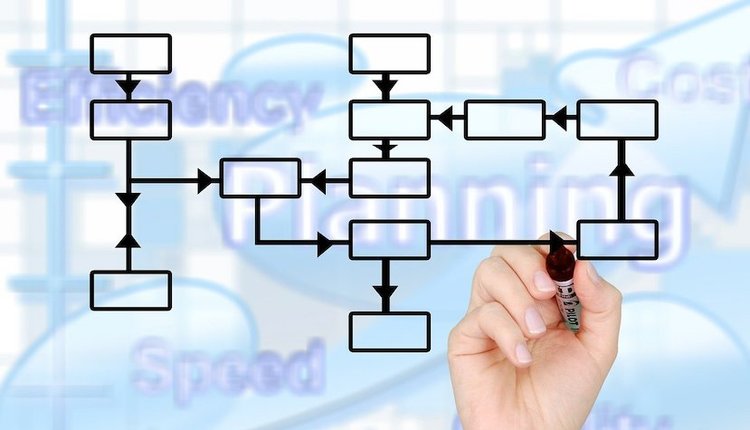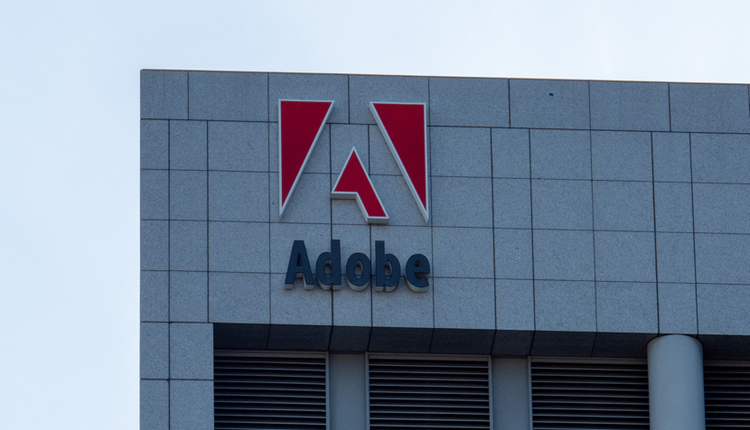
It is fascinating that more and more people are going to universities to gain specialized skills in all sorts of different areas, as well as moving onto master’s and doctorate degrees, which require an even more in-depth education. Yet, no one seems particularly concerned with the obvious question concerning how those students will organize all the information they will receive, search and pay for during their years at college. The proper organization of information is not only absolutely necessary for them as students, but it is also a “must” for their professional life, whichever the field of their choice.
Students now, and as professionals later, will need to manage knowledge. Knowledge is information processed; sometimes, a lot of information—most of the time—must be processed in close cooperation among a group of people. As I keep reminding you time and again, information sits and travels on documents; this is why we must have a close grip on document management. Documents are everything and anything: emails, email attachments, PDFs, photos, videos, cad files, Microsoft Word, Excel, whatever. Documents get to students from the most diversified origins, but they must all be easy to search and allow one to get to the information one needs to process.
There are a number of different tools available to students today, and some of those tools are for specific purposes, such as those related to bibliography organization. Others, like wikis, may be helpful for coordinating some type of task execution, while others, which should be provided by the university itself, are able to provide a real electronic document management (EDM) environment for all sorts of documents managed by students, whatever their origin.
It is understandable that different faculties will tend to teach students, from their first year, subjects only related to the core program of that particular faculty. Nevertheless, the fact is that the university, as a whole, aggregating the different faculties, has an obligation of providing the student the correct tools and knowledge to use so that the student can take the most from his/her costly studies. Every faculty should create a discipline in the first semester of the first year precisely to provide knowledge on how to use whatever tools provided to their students.
In order to avoid extra costs for the university’s budgets, eventually these classes could be taught by commercial people who supply the tools and have the necessary academic background to pass on the knowledge to those students. I am working closely with Lisbon University, for the time being, with only specific PhD students for the implementation of such a tool.
As I said in one of my previous articles, EDM is definitely not a sexy subject, but it is quite a facilitator nowadays when we want to master information, which arrives to us in over a zillion types of supports and different formats. We could be led to think that some areas are more prone to use EDM than others. For instance, students of management (MBAs) would be more interested, because they could implement it in the companies they will work for. That is true, but a group of people, around the world, studying the spread of hospital-originated diseases also need to make notes, and those notes must be available to everyone for a long time so that results can be produced and metrics taken—documents, documents of all sorts, available for reliable search and for a long time.
If students that finish their university degrees are not familiar with the concept, whatever the tools they may use in the future, the world will progress very slowly. It is necessary to open their eyes to these “new” tools so that they are even able to create their own systems of document management and not drown in documents at the cost of their scientific competence.
Joao Penha-Lopes specializes in document management since 1998. He holds two postgraduate degrees in document management from the University Lusofona (Lisbon) and a PhD from Universidad de Alcala de Henares (Madrid) in 2013, with a thesis studying the economic benefits of electronic document management (EDM). He is an ARMA collaborator for publications and professionally acts as an advisor on critical information flows mostly for private corporations. Follow him on Twitter @JoaoPL1000.



















